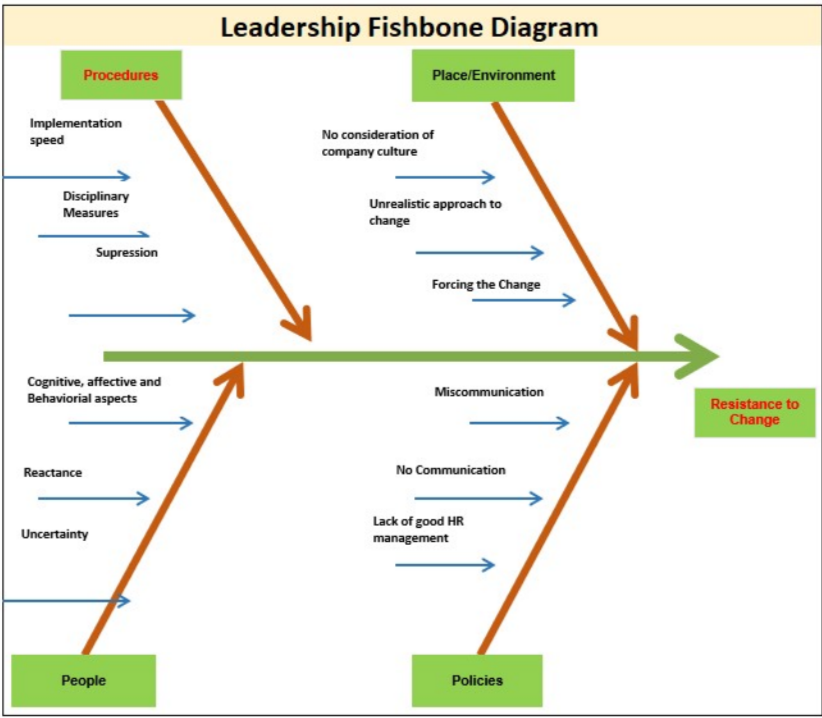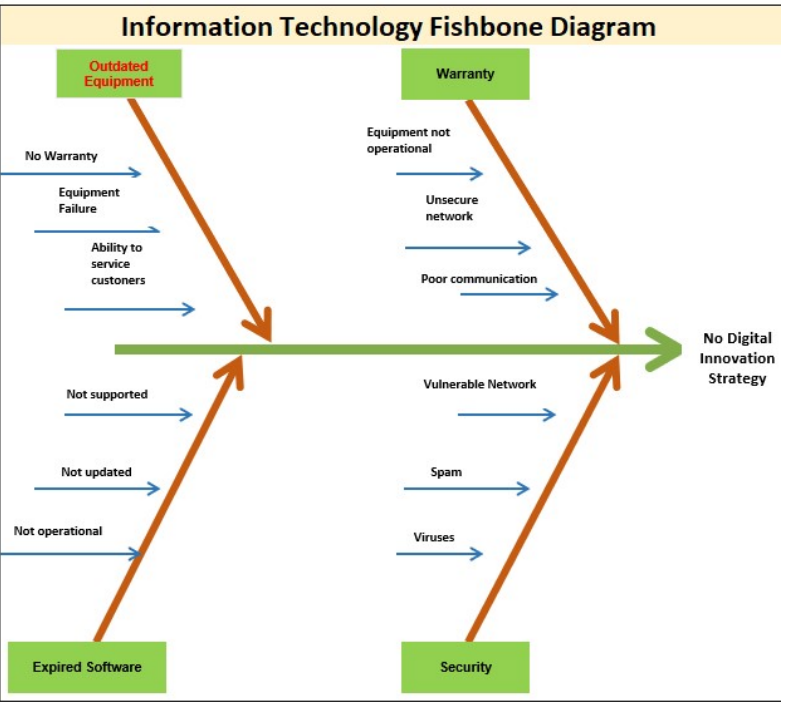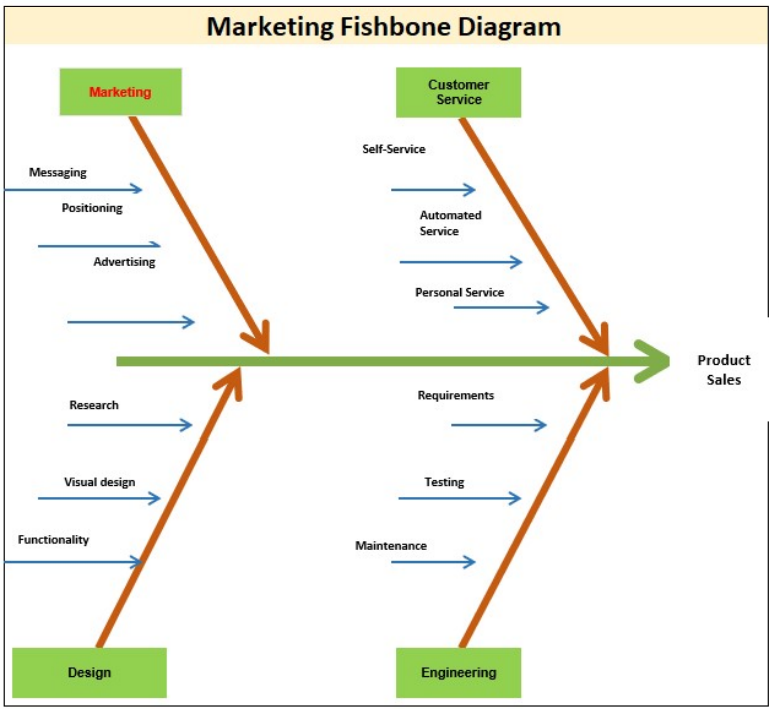
DB FPX 8405 Assessment 3 Business Problem Assessment
Name
Capella university
DB-FPX 8405 Effective Organizational Leadership
Prof. Name
Date
Executive Summary
CapraTek aims to excel in defining and delivering technology solutions for the challenges of tomorrow. As a leader in the design and manufacturing of computer server components, CapraTek is committed to providing innovative solutions to its customers. The company prioritizes digital innovation as it seeks to expand into emerging wireless technologies.
A business problem refers to a current or anticipated challenge that a company faces. This report will outline three specific business problems identified at CapraTek in the areas of leadership, information technology, and marketing management. Each area will highlight a business problem that underscores the necessity for a business project. Additionally, the report will provide an overview of how these three business problems relate to broader concerns faced by CapraTek and similar organizations.
For each area—leadership, information technology, and marketing management—a problem statement will be presented, supported by scholarly evidence. A fishbone diagram will serve as a visual tool for CapraTek’s leadership to categorize the potential causes of the identified problems, illustrating how the issues were narrowed down.
The Riipen project is an experiential learning platform designed to assist businesses in finding talent and solutions for future work. A Riipen project will be included for comparative analysis. The summary will conclude the report by reiterating the main points of the proposed project.
Leadership Business Problem
The potential issue in leadership at CapraTek is the lack of training in managing resistance to change. This problem is relevant to business leaders in global organizations, as research by Beer et al. (2016) indicates that companies invest significant resources in employee training but often fail to achieve a satisfactory return on that investment.

Information Systems Business Problem
The potential issue within information systems is that CapraTek currently lacks a digital innovation strategy. This problem impacts organizations across various platforms. According to Morgan (2019), approximately 70% of digital innovations fail. A failed digital innovation strategy can be costly in terms of lost financial resources, time, and credibility.

Marketing Business Problem
The potential marketing issue facing CapraTek is a decline in product sales. Kokemuller (2016) notes that a decrease in product sales poses a significant challenge for any small business.

Project Proposals
The proposed project focuses on the information systems issue of CapraTek’s absence of a current digital innovation strategy. The following Riipen-type project is suggested:
Riipen Project
The selected Riipen project for this business problem is “Level-Up: Making Sense of Organizational Change.”
Project Scope
This research project enables students to investigate the processes through which organizations undergo change and transformation, with a focus on effective change management. Research activities will include analyzing the complexities of organizational change management, such as the factors and conditions that influence change, as well as the implications of various change components (e.g., change agents, initiatives, processes) on stakeholders and the change itself. The findings from this research will contribute to the theory and practice of organizational change management (Riipen, n.d.).
Summary
By addressing the three identified business problems in leadership, information systems, and marketing, CapraTek can better leverage its resources and technologies to enhance its impact on both internal and external customers. The presented Riipen project exemplifies a project that can be undertaken by a Capella learner.
The proposed research project will allow students to delve into the processes of organizational change and transformation, with a particular emphasis on digital innovation strategies. Research activities will focus on analyzing the complexities faced by organizations that have implemented a digital innovation strategy, including the factors and conditions that drive change and the implications of these changes on stakeholders and the overall transformation process.
References
Anderson, C., Bieck, C., & Marshall, A. (2020). How business is adapting to COVID-19: Executive insights reveal post-pandemic opportunities. Strategy & Leadership, 49(1), 38–47. https://doi.org/10.1108/sl-11-2020-0140
Beer, M., Finnstrom, M., & Schrader, D. (2016, September 9). Why leadership training fails—and what to do about it. Harvard Business Review. https://hbr.org/2016/10/why-leadership-training-fails-and-what-to-do-about-it
Kokemuller, N. (2016, October 26). What methods can an organization utilize to prevent loss of customers? Small Business – Chron.Com. https://smallbusiness.chron.com/methods-can-organization-utilize-prevent-loss-customers-80038.html
DB FPX 8405 Assessment 3 Business Problem Assessment
Morgan, B. (2021, December 10). Companies that failed at digital transformation and what we can learn from them. Forbes. https://www.forbes.com/sites/blakemorgan/2019/09/30/companies-that-failed-at-digital-transformation-and-what-we-can-learn-from-them/?sh=4d4bff8a603c
Rehman, N., Mahmood, A., Ibtasam, M., Murtaza, S. A., Iqbal, N., & Molnár, E. (2021). The psychology of resistance to change: The antidotal effect of organizational justice, support and leader-member exchange. Frontiers in Psychology, 12. https://doi.org/10.3389/fpsyg.2021.678952
Get Capella University Free DBA Samples
DB FPX 8400
DB FPX 8405
DB FPX 8410
DB FPX 8420
DB FPX 8610
DB FPX 8710
DB FPX 8620
DB FPX 8720
